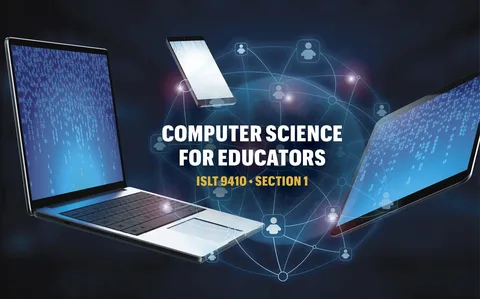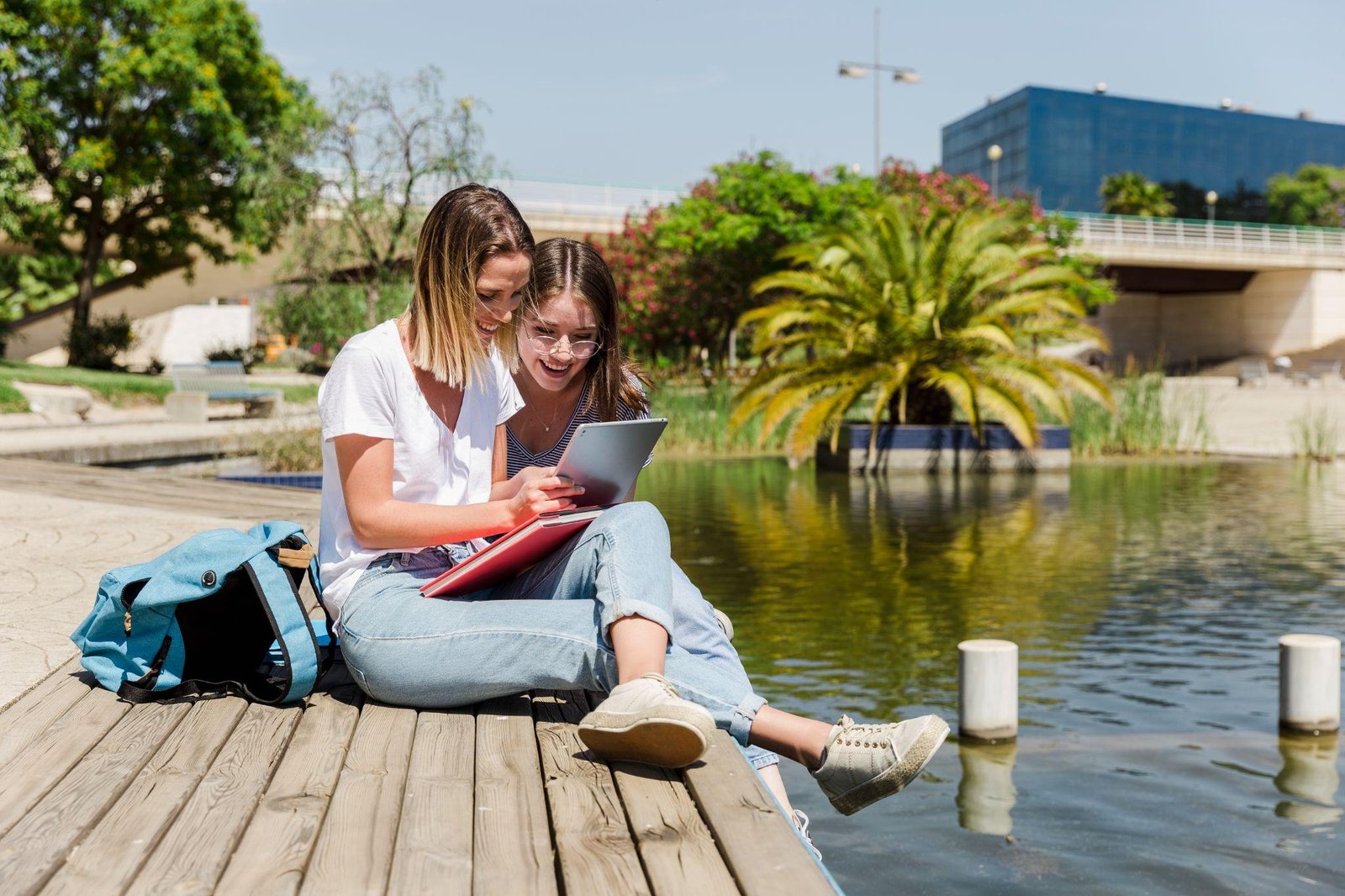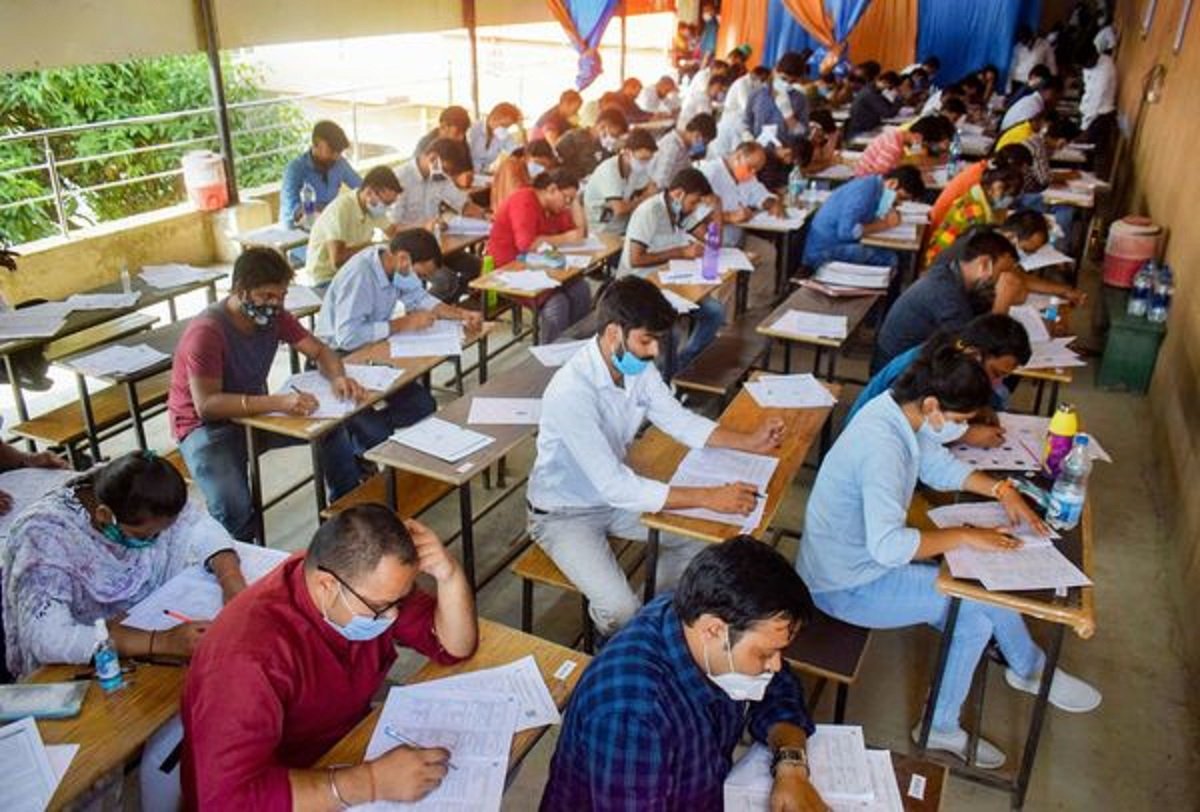Policies are the backbone of any academic institution, guiding decision-making and setting standards for excellence. At an International School Philippines, comprehensive policies ensure that every aspect of education—from curriculum design to student well-being—is managed with clarity, consistency, and care. By balancing global standards with local context, these schools create policies that promote inclusivity, academic growth, and community harmony.
The Importance of Comprehensive School Policies
Establishing Consistency and Clarity
Policies give direction to both staff and students, eliminating ambiguity in everyday school operations. Clear policies help teachers align instructional methods with the school’s vision, while students benefit from knowing the expectations set for them. This consistency supports fairness, transparency, and smooth functioning across all levels of school life.
Building Trust Among Stakeholders
Parents, teachers, and students need assurance that decisions are guided by thoughtful principles rather than arbitrary choices. A well-documented policy framework allows the International School Philippines to demonstrate accountability, fostering trust and confidence in the institution. When parents see policies that address safety, diversity, and learning quality, they know their children are in a secure and nurturing environment.
Supporting Global Standards with Local Adaptation
International schools must align with global benchmarks while also considering cultural and regulatory requirements in the Philippines. Policies in achieving this balance by drawing from international best practices while remaining sensitive to local laws, values, and traditions. This combination ensures a holistic and adaptable educational environment.
Key Policy Areas in an International School Philippines
Academic Excellence and Curriculum Design
Academic policies shape how learning is structured, assessed, and improved over time. An International School Philippines often adopts international curricula, such as the International Baccalaureate (IB) or Cambridge programs, while establishing policies for grading, promotion, and assessment. These policies guarantee rigorous standards while maintaining flexibility for different learning needs.
Student Conduct and Discipline
Comprehensive policies on behavior management create a safe and respectful school environment. Discipline policies are not punitive but restorative, encouraging students to reflect on their actions and learn responsibility. Anti-bullying measures, digital citizenship rules, and conflict resolution frameworks all play a role in shaping well-rounded individuals.
Diversity, Equity, and Inclusion
International schools serve students from diverse cultural and linguistic backgrounds. Policies that embrace diversity and inclusion ensure that every student feels valued. An International School Philippines develops frameworks for language support, anti-discrimination practices, and cultural celebration, fostering an atmosphere where differences are respected and appreciated.
Health, Safety, and Well-Being
Student safety is a top priority, and comprehensive policies address everything from emergency procedures to mental health resources. In an International School Philippines, policies on nutrition, child protection, and counseling services safeguard student well-being. Schools also create crisis-management protocols to ensure preparedness for natural disasters or unexpected events.
Technology and Digital Learning
With the rise of digital education, policies on technology use are vital. An International School Philippines creates guidelines on internet safety, device usage, and online conduct. These policies promote responsible technology use, protecting students while encouraging digital literacy and innovation.
Admissions and Enrollment
Admissions policies ensure fair access while maintaining the school’s standards and mission. An International School Philippines typically sets clear guidelines on entry requirements, placement tests, and transfer policies. Transparent procedures reassure families that admissions decisions are equitable and merit-based.
Faculty Development and Professional Standards
Teachers are central to any school’s success, and strong faculty policies help maintain high standards. In an International School Philippines, policies may outline continuous professional development requirements, evaluation systems, and codes of conduct for educators. These frameworks ensure teachers remain motivated, ethical, and aligned with the school’s goals.
Policy Development Process
Collaborative and Inclusive Approach
Policies must reflect the voices of the entire school community. An International School Philippines often consults administrators, teachers, parents, and even students during policy creation. This inclusive approach ensures that policies are realistic, widely accepted, and responsive to the needs of all stakeholders.
Benchmarking Against Global Standards
To maintain credibility, international schools benchmark their policies against global standards. An International School Philippines reviews practices from top schools worldwide, adapting them to fit local requirements. This ensures students benefit from world-class education without losing touch with cultural context.
Regular Review and Continuous Improvement
Policies must evolve as education changes. An International School Philippines regularly reviews its frameworks to incorporate new research, respond to emerging challenges, and adapt to regulatory updates. Continuous improvement ensures policies remain relevant and effective in guiding school operations.
The Impact of Strong Policies
Enhancing Academic Achievement
Comprehensive academic policies support effective teaching, fair grading, and continuous assessment. At an International School Philippines, these frameworks foster an environment where students can achieve their full potential through structured and transparent learning processes.
Strengthening Community Cohesion
Clear policies reduce misunderstandings and conflicts, building harmony across diverse student and parent groups. An International School Philippines that enforces fair and consistent policies nurtures trust, respect, and unity within its multicultural community.
Preparing Students for Global Citizenship
Policies on conduct, inclusion, and digital responsibility prepare students for life beyond school. An International School Philippines instills in learners the values of respect, accountability, and cultural understanding—qualities essential for thriving in an interconnected world.
Real-World Examples of Policy Implementation
Anti-Bullying Initiatives
Many international schools adopt zero-tolerance policies on bullying, coupled with proactive programs like peer mediation and awareness campaigns. An International School Philippines reinforces these policies by training teachers and empowering students to build a safe environment.
Eco-Friendly and Sustainability Policies
With growing awareness of climate change, students often advocate for sustainability initiatives. In response, an institution may establish green policies such as waste reduction, energy conservation, and eco-friendly facility management, aligning school operations with global environmental goals.
Mental Health and Counseling Programs
Recognizing the challenges students face, schools implement wellness policies that include access to counseling, mindfulness programs, and stress management resources. At an International School Philippines, these policies provide comprehensive support for student well-being.
Best Practices for Policy Communication
Transparency in Implementation
Policies are only effective if the community understands them. An International School Philippines ensures clear communication by publishing policies in handbooks, newsletters, and digital platforms. Parents, students, and staff are encouraged to review these documents regularly.
Training and Orientation Programs
To ensure consistency, schools provide training sessions for staff and orientation programs for students. An International School Philippines uses these initiatives to familiarize the community with policies, making sure they are applied fairly and uniformly.
Encouraging Feedback and Dialogue
Open communication channels allow policies to evolve. The school invites feedback from all stakeholders, ensuring that policies remain responsive and effective in addressing community needs.
Key Takeaway
Comprehensive policies are the foundation of effective and inclusive education. By developing clear frameworks in academics, student conduct, safety, and diversity, the International School Philippines creates a structured environment where students thrive academically, socially, and emotionally. These policies not only maintain global standards but also reflect the school’s commitment to equity, trust, and continuous improvement, shaping a learning community that prepares students for success in a globalized world.
















Leave a Reply